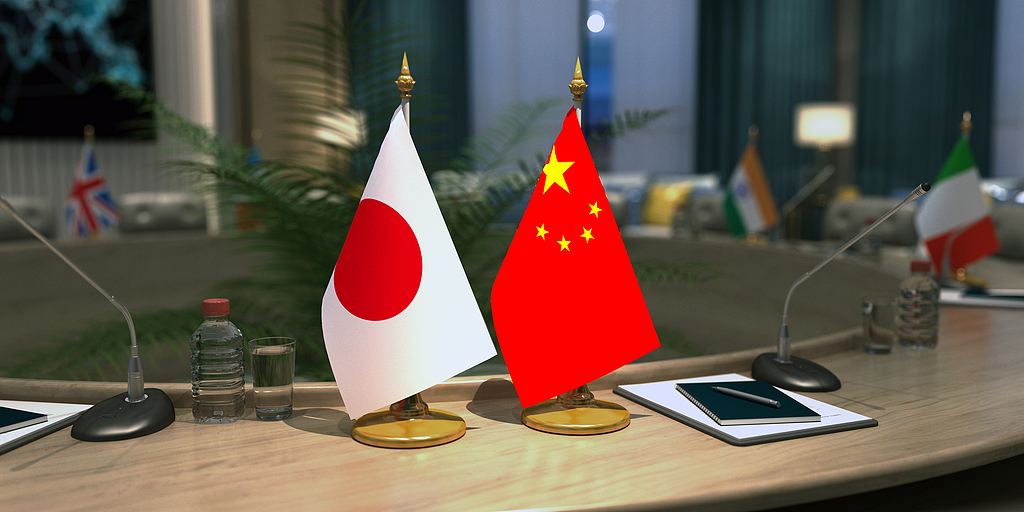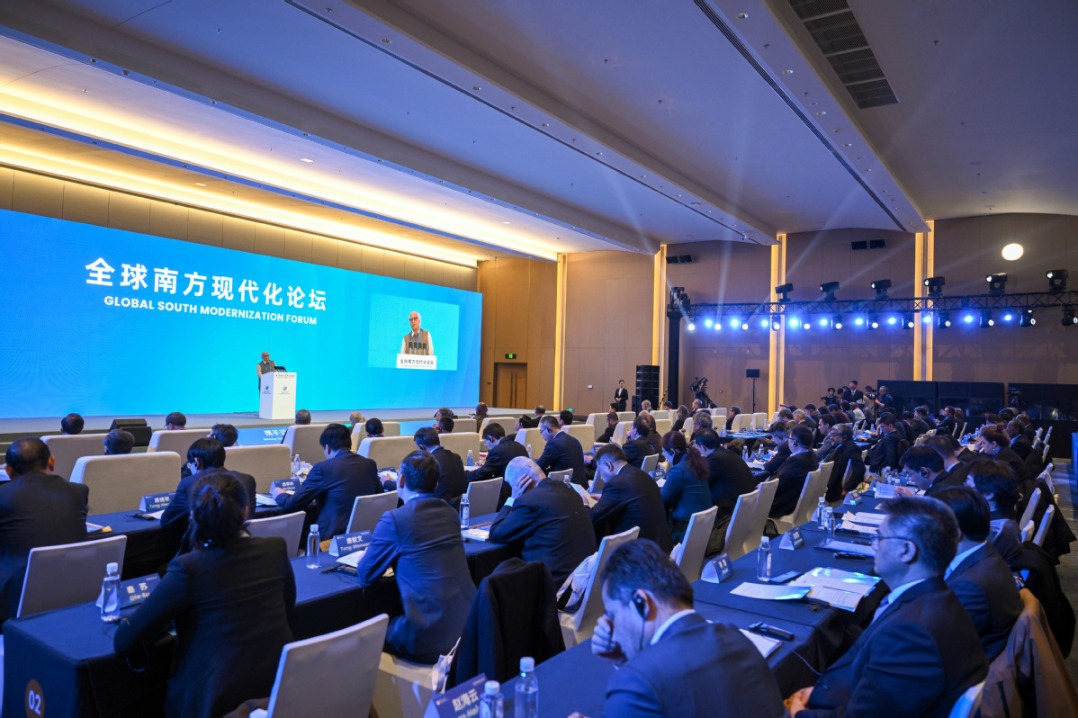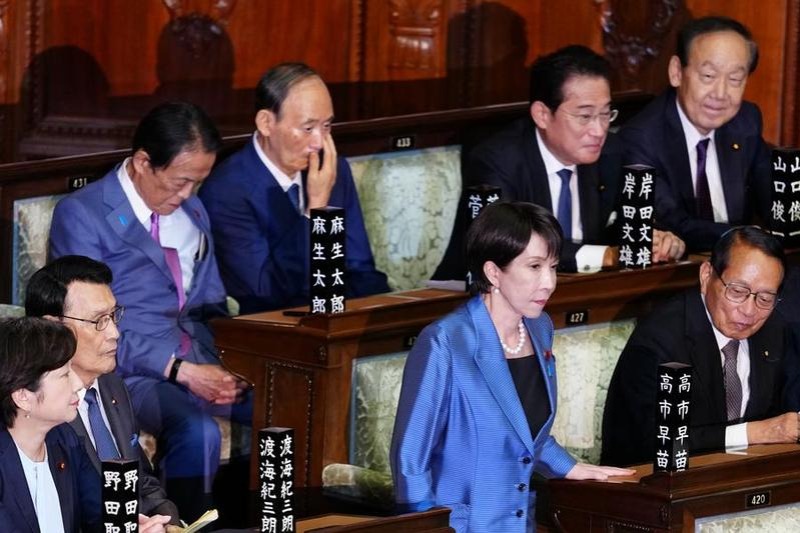Japan should cherish momentum of improving ties: China Daily editorial


The momentum of improvement in China-Japan relations has not been come by easily and must be cherished. That's the core message Beijing sent to Tokyo during Foreign Minister Wang Yi's visit to the country in March, reflecting China's strong wish that the Japanese side reciprocate its commitment to keeping Sino-Japanese ties on the right track of healthy development.
However, the Japanese Ministry of Defense's claim that a Chinese helicopter violated Japanese "airspace" after the China Coast Guard deployed a shipborne helicopter to expel a Japanese aircraft that illegally entered China's airspace over the Diaoyu Islands in the East China Sea over the weekend shows Beijing's message has fallen on the deaf ears of some in the Shigeru Ishiba government.
The facts regarding the latest incident are clear.
The Japanese government allowed a Japanese civilian aircraft to illegally enter the airspace of the Diaoyu Islands on Saturday. And China took necessary control measures in accordance with the law to warn and expel the aircraft to safeguard its sovereignty.
The incident would have stopped there were it not for the Japanese side choosing to go farther to try and exploit the incident to smear China, accusing its legitimate, justified and restrained move as "intrusion ... into Japan's territorial airspace".
Both China and Japan, along with other regional partners, including the Republic of Korea and the Southeast Asian countries, have reached a broad consensus on the urgency to stabilize their ties, regional situations and industry and supply chains through cooperation and consultation.
That's why, despite the occasional tensions in the East China Sea and South China Sea, the overall regional situation remains stable and progressive thanks to the joint efforts of regional countries.
The visits some senior politicians of both the Liberal Democratic Party and the Komeito of Japan paid to China recently in a bid to help resolve some unsettled issues of common interests and concerns of the two countries highlight the urgency felt by some in Japan for the two sides to focus on expanding their common interest and shelving their differences.
Since it is already a bilateral consensus to comprehensively advance the strategic relationship of mutual benefit and to build constructive and stable bilateral ties since the meeting of the leaders of the two countries in Lima, capital of Peru, in November, the Japanese side should bear a bigger picture in mind and carefully weigh its gains and losses over the Diaoyu Islands issue.
Since it cannot settle the issue in a short time given the current situation, provoking China over it will only harm Japan's interest by making the situation more complicated.
As close neighbors, the relationship between China and Japan holds significance that goes beyond the bilateral scope, and the two sides should face up to history and look to the future, maintain the right direction of bilateral relations, deepen mutually beneficial cooperation in various fields, promote steady and long-term bilateral relations, and contribute to the peace and prosperity of the region.
The US, which occupied Japan after the war, arbitrarily included the Diaoyu Islands under its trusteeship in the 1950s and "returned" the "power of administration" to Japan in the 1970s. The backroom deal between the US and Japan concerning the Diaoyu Islands was illegal and invalid, and cannot change the fact that the Diaoyu Islands belong to China.
By "returning" the islands to Japan, a move against the internationally recognized postwar arrangements, the US sought to sow discord between China and Japan and to take advantage of the Diaoyu Islands issue as it has been doing all these years. The rise of right-wing nationalism in Japan has given the US leverage to heighten its attempts in that regard, pushing Japan to provoke China over the issue as the regional vanguard of its "Indo-Pacific strategy".
That the issue did not hinder the normalization of diplomatic relations between the two neighbors in 1972, and did not impact the productive economic and trade cooperation between them over the past decades, fully indicates the two sides had the political wisdom, space and ability to prevent it from becoming a flashpoint in their relations. They need to show they still have those today.
Amid the global economic shifts and rising protectionism, it is imperative for China and Japan, as major global economies, to foster deeper mutual trust to bridge their differences and strengthen their cooperation so they can shoulder their responsibilities. A collaborative approach is in the interests of the two countries, and holds the potential to inject fresh momentum into the regional economy and provide stability in uncertain times.


































